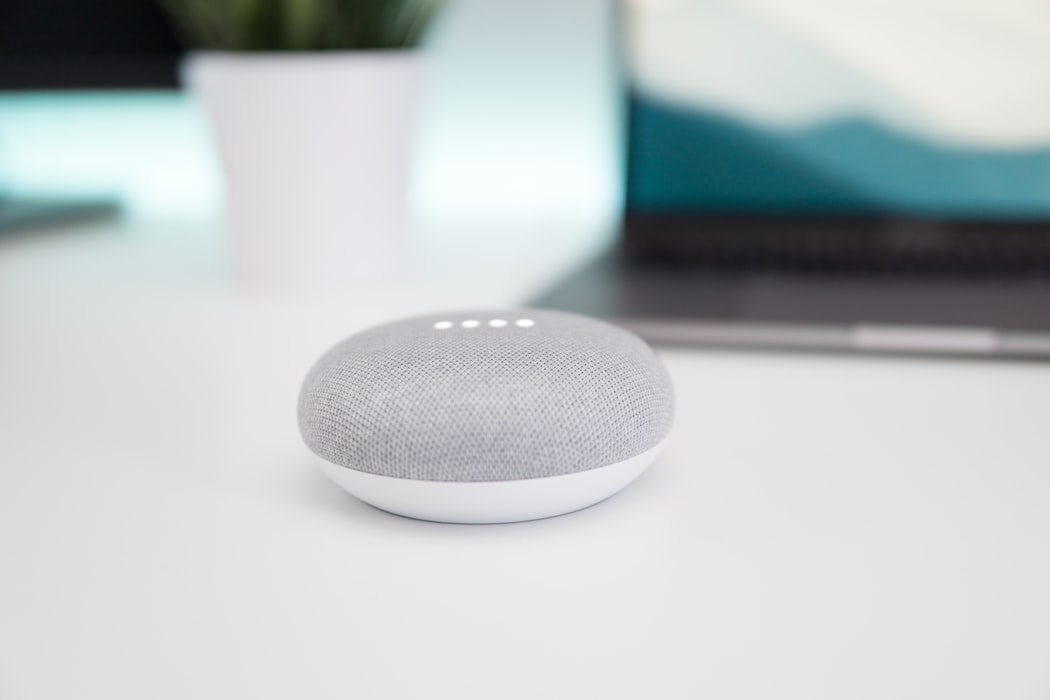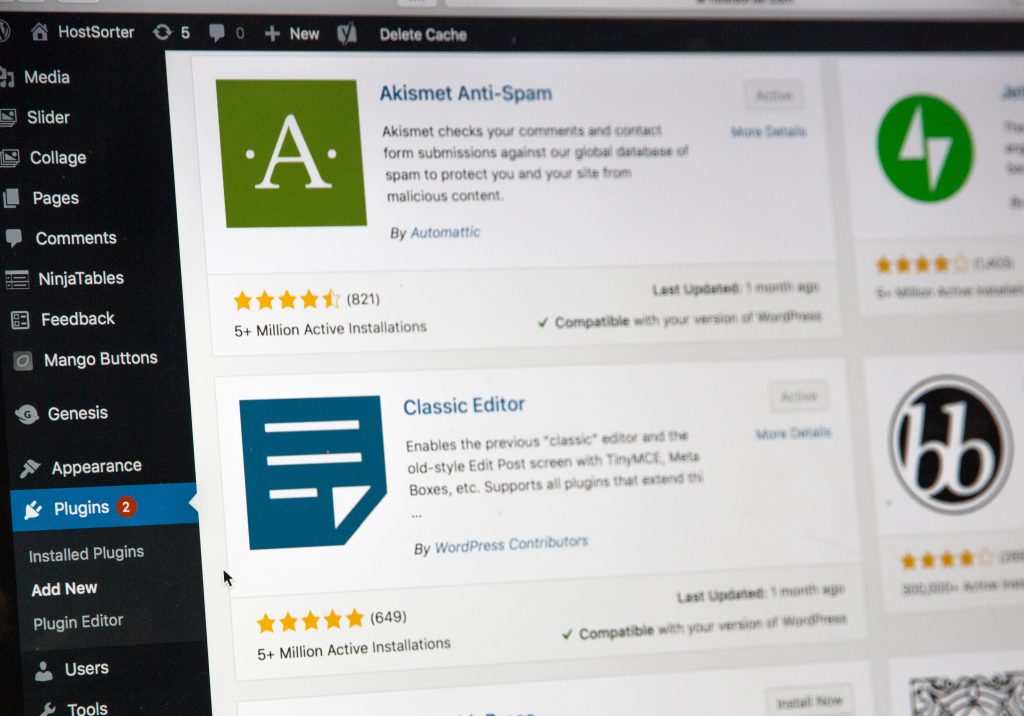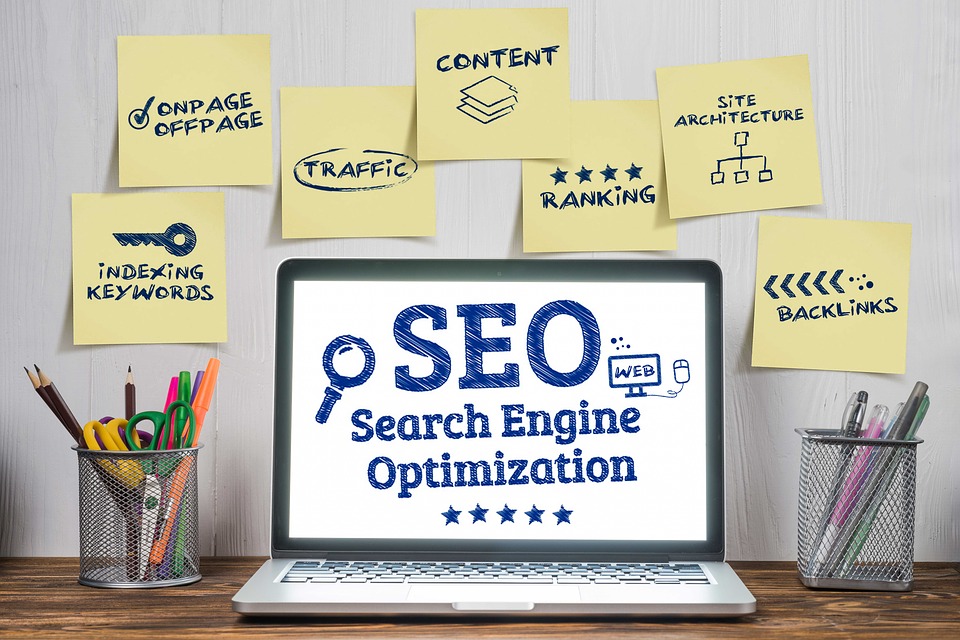There’s no ignoring search engine optimization (SEO) causes a high level of anxiety for digital marketers. There are many unknowns. Hours of work don’t show immediate results. It’s easy to dive into a rabbit hole only to second guess yourself. With so many ranking factors to consider it’s imperative to focus on the crucial ones. You also want to focus on an overlooked one: content readability.
Part of why marketers overlook readability is it’s less technical than other ranking factors. It’s not as easy as adding alt tags to every image and checking off that box. It requires attention, thought and patience. SEO, after all, is a content strategy. And you want your strategy to be quality, right?
Keep reading for insight on why readability matters and ways to measure quality.
Why Readability Matters
Readable content is more likely to be share-worthy. And that’s a factor in improving search rankings. It also increases the likelihood that people will spend more time with your site and return. So not only are you improving discoverability but you’re improving key site metrics. Thus with smart, readable content, you’ve enhanced the chance of marketing funnel completion.
Additionally, Google tries to act and think like a human. So while forcing as many keywords into a sentence may seem like a good idea it might be creating sentences that normal people wouldn’t say or type. Thus, Google is going to ignore you. Just like any marketing practice, you need to think like the end-user. What would I type if I wanted to find something?
Finally, readability factors into voice search. One of the key indicators of readability is sentence length. When your smart device is reading an answer to your question, would you prefer a quick six-word response or a twenty word one?

What Makes Content Readable?
A service like Yoast looks at a variety of factors when determining readability. Specifically, according to their website:
-
-
- Sentence Length
- Paragraph Length
- Subheading Distribution
- Consecutive Sentences
- Use of Passive Voice
- Use of Transition Words
- Flesch Reading Ease Score
- Text Presence
-
They aren’t all ranked equally. And some are more complex than others. For the purposes of this article, we will focus on the length categories. Check back often for additional articles!
Sentence Length: As mentioned above, the goal is to keep sentences under 20 words. This isn’t always going to be possible. So Yoast has set the benchmark of 25% being over. That’s certainly attainable. The importance lies in the ability of readers to quickly consume the content. It’s easy to get lost while scanning long sentences. Especially when followed by a longer one. Also, think about the way content appears in search results. The less that’s truncated, the better.
Paragraph Length: The readability impact can be a visual one. When opening an article to find a specific answer you don’t want to be overwhelmed. First impressions matter. Shorter paragraphs are also easier to comprehend. If you find your paragraphs running on, consider planning each to be topic-based. Shorter paragraphs (Yoast defines as under 150 words) also force you to use subheading. Which is another readability factor!
Bottom Line
Readability is important. Not just for SEO, but for brand legitimacy. However, it’s important to not sacrfice quality or clarity for the sake of SEO. Don’t become repetitive by slipping an extra keyword into a paragraph when it’s already present plenty. Don’t mangle a sentence to the point it doesn’t make a lick of sense for the sake of flipping to passive voice. Instead, study what you’ve written. And pay attention to quality scores in your various tools. Producing quality and readable content will become the norm.
Be sure to utilize Yoast and other tools like Grammarly. They let you know you’re doing well with green dots.
Go Green!
Want to learn more about SEO? Check out our podcast here and watch this video on Google ranking factors.









